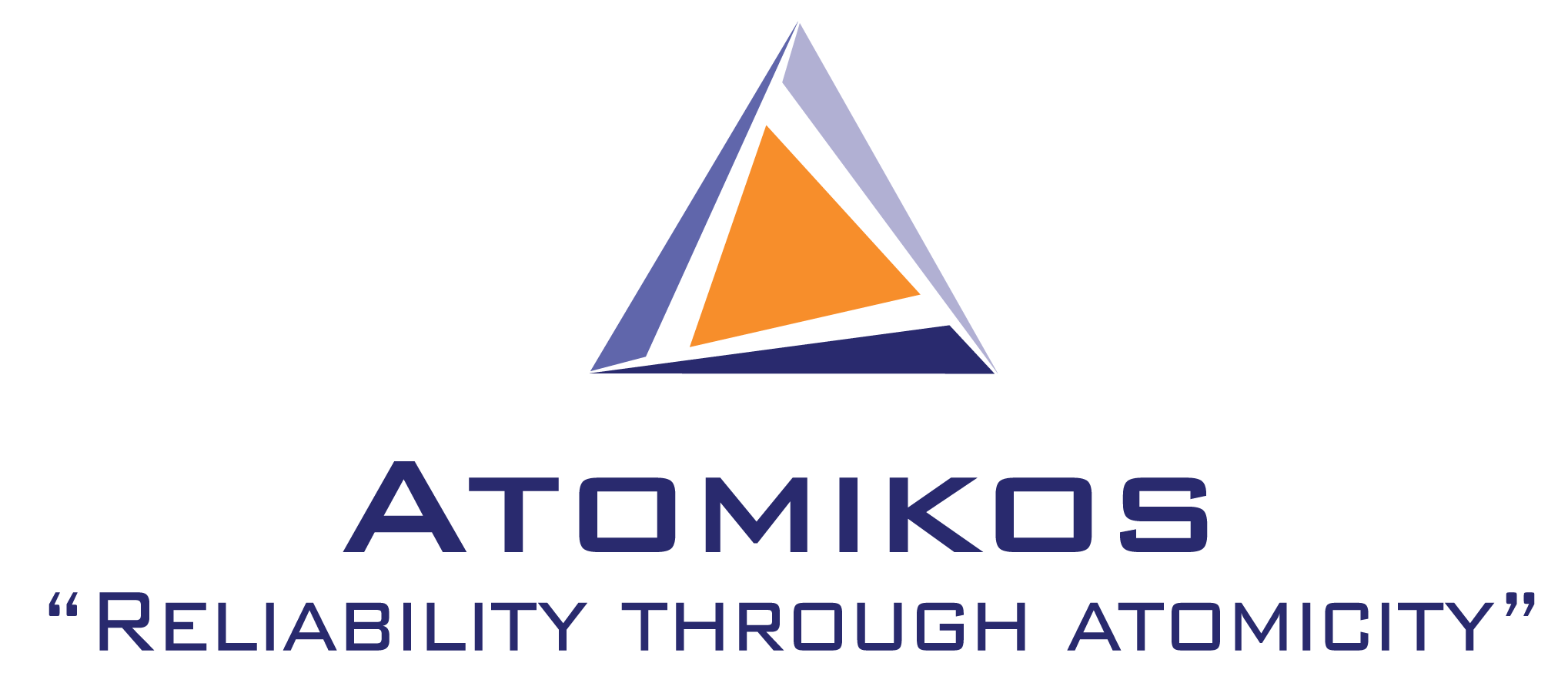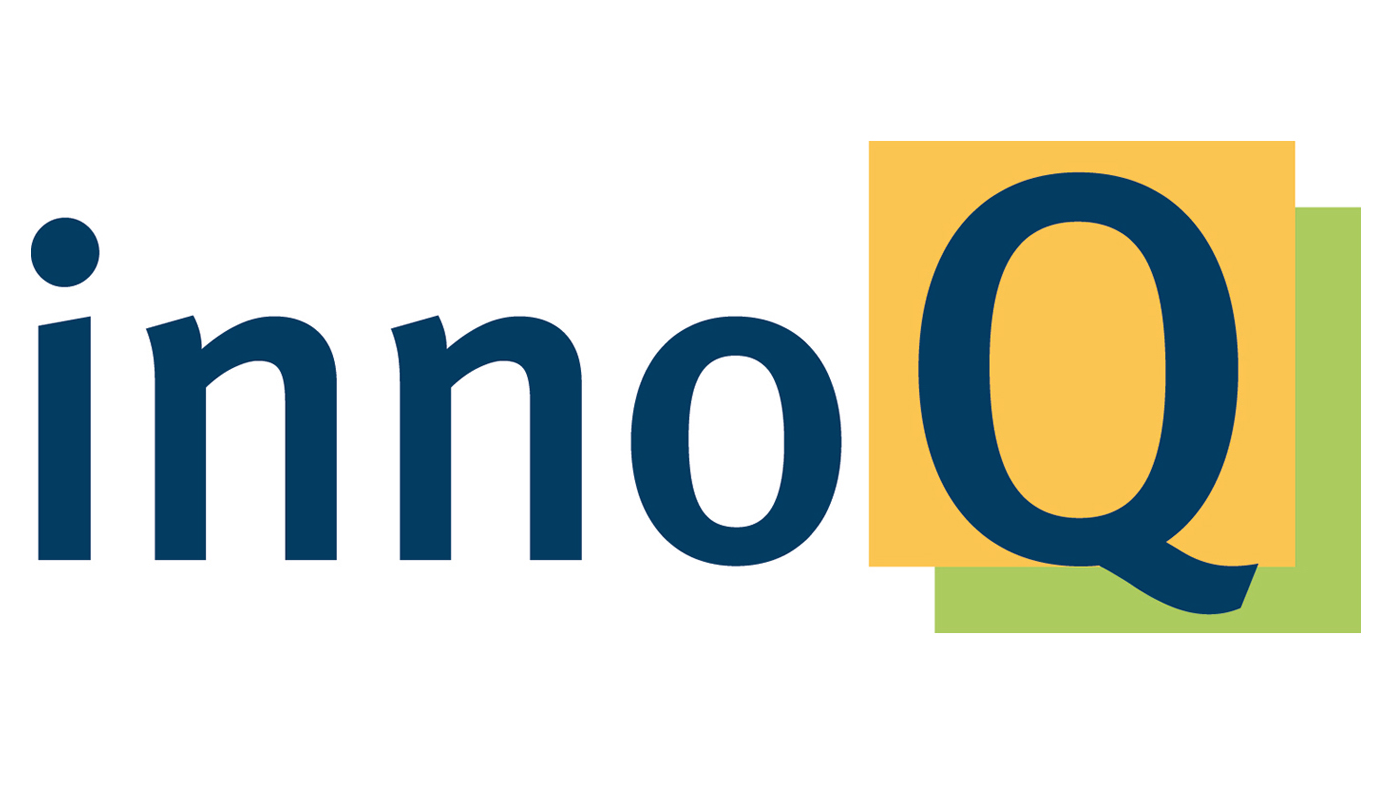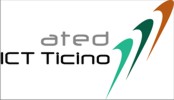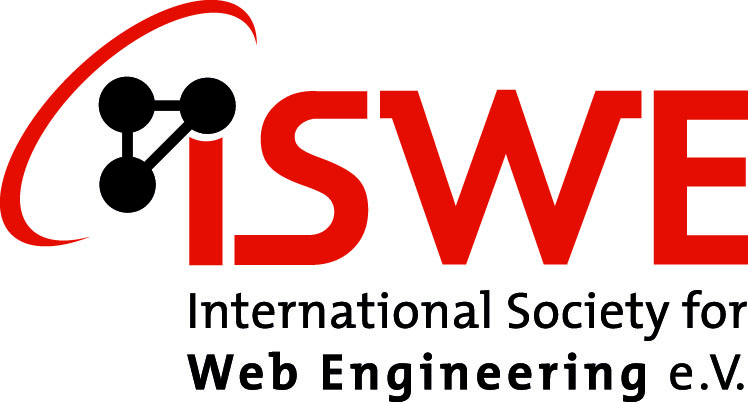Wednesday, June 8th, 2016 11:00-15:30, Room 355
Slides: PDF
The last ten years has seen a surge of interest in design science research in information systems, and of empirical research in software engineering. In this tutorial I present a framework for design science in information and software systems engineering that shows how in design science research, we iterate over designing new artifacts and empirically investigating these artifacts. To be relevant, the artifacts should potentially contribute to organizational goals, and to be empirically sound, research to validate new artifacts should provide insight into the effects of using these artifacts in an organizational context. The logic of both of these activities, design and empirical research, is that of rational decision making. I show how this logic can be used to structure our technical and empirical research goals and questions, as well as how to structure reports about our technical or empirical research. This gives us checklists for the design cycle used in technical research and for the empirical cycle used in empirical research. Finally, I will discuss in more detail what the role of theories in design science research is, and how we use theory to state research questions and to generalize the research results.

Roel Wieringa occupies the chair of Information Systems at the Department of Computer Science at the University of Twente, The Netherlands. His research interests include requirements engineering, enterprise architecture, and design science research methodology for information systems and software engineering. He has written three books, Requirements Engineering: Frameworks for Understanding (Wiley, 1996), Design Methods for Reactive Systems: Yourdon, Statemate and the UML (Morgan Kaufmann, 2003, and Design Science Methodology for Information Systems and Software Engineering (Springer, 2014).
Intended Audience
Researchers planning to do empirical work in the context of a technical research project. The audience will obtain an understanding how to guard the relevance of their research for practice by doing problem‐oriented research, as well as how to validate new technology empirically in a methodologically sound way.










